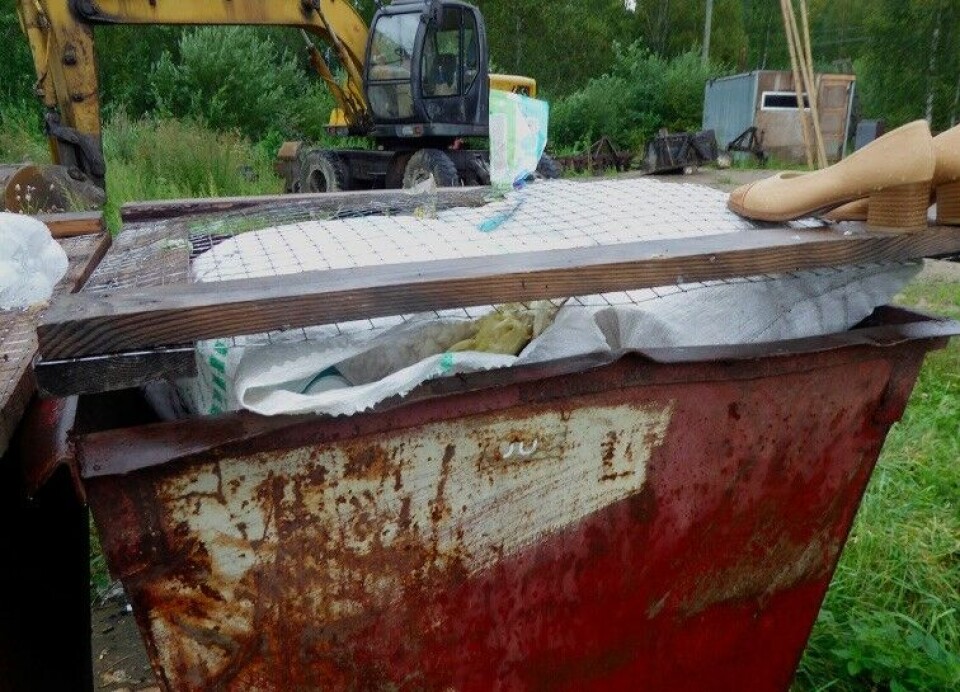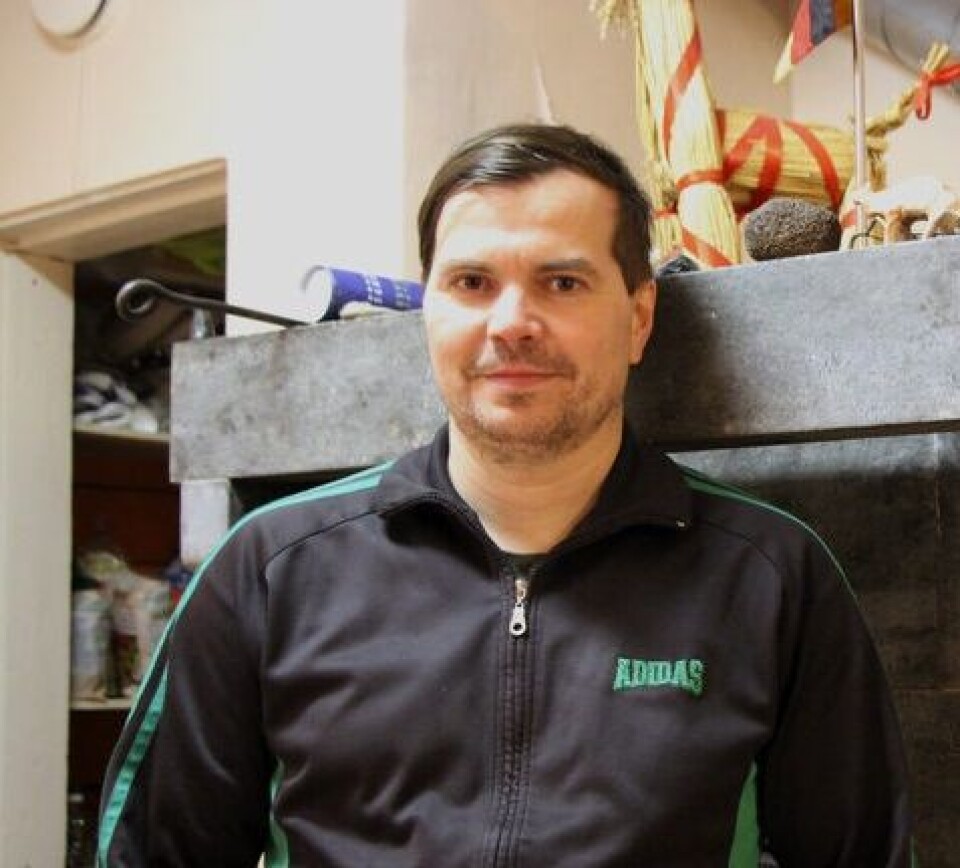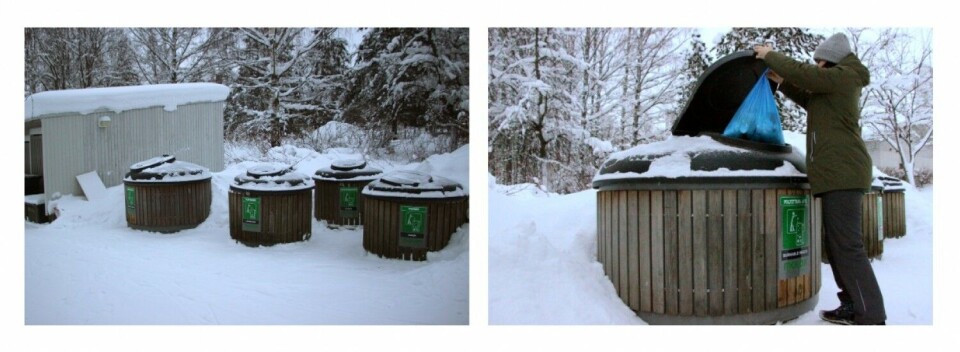
Cleaner outside, cleaner inside
How the Finnish waste management approach can help neighbours from Russia.
Text and photo: Gleb Yarovoy, Moritz Albrecht, UEF
Layout: Anna Yarovaya
Layout: Anna Yarovaya
From January 1, 2019, Russia should become cleaner. On the first day of the new year, amendments to the law “On Production and Consumption Waste” came into force. The “garbage reform” was conceived in order to rid the country of overfilled landfills and streamline the processing and disposal of garbage. Some regions were not ready for change and announced a moratorium on innovations, others managed to prepare regional waste management schemes and designate regional operators, who should be responsible for their implementing. Among the latter was the Republic of Karelia. Its authorities had the opportunity to peek at the answers to many “garbage” questions from their neighbors — the Finnish region of North Karelia, where European waste management standards apply. At the end of 2018, within the framework of the Karelia cross-border cooperation program, several projects were launched at once, which should help organize a system for separate collection of waste in rural areas.
The correspondent of the online journal “7x7” Gleb Yarovoy figured out how the Finnish experience in solving garbage problems can be applied in Russia.
The initiator of the cross-border project “WasteLess Karelias” Moritz Albrecht is German. He moved to Finland more than ten years ago. Moritz works at the University of Eastern Finland and lives in his own house in the central city of the North Karelia region of Joensuu, which is 70 km from the border with Russian Karelia (as the Republic of Karelia is called in Finland). He believes that he has already completely “finnished”, but continues to approach the issues with German scruples. For example, separate collection and recycling of garbage.

















